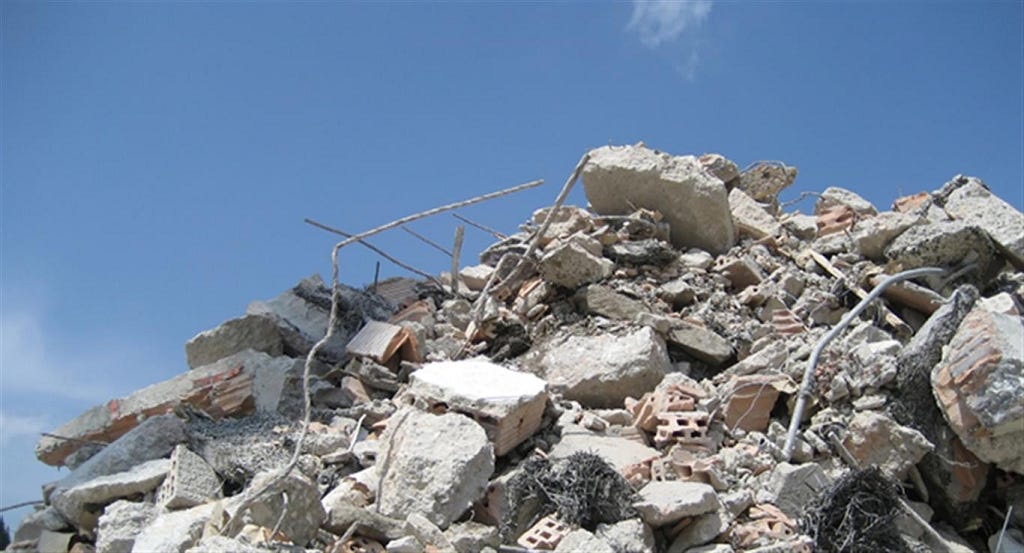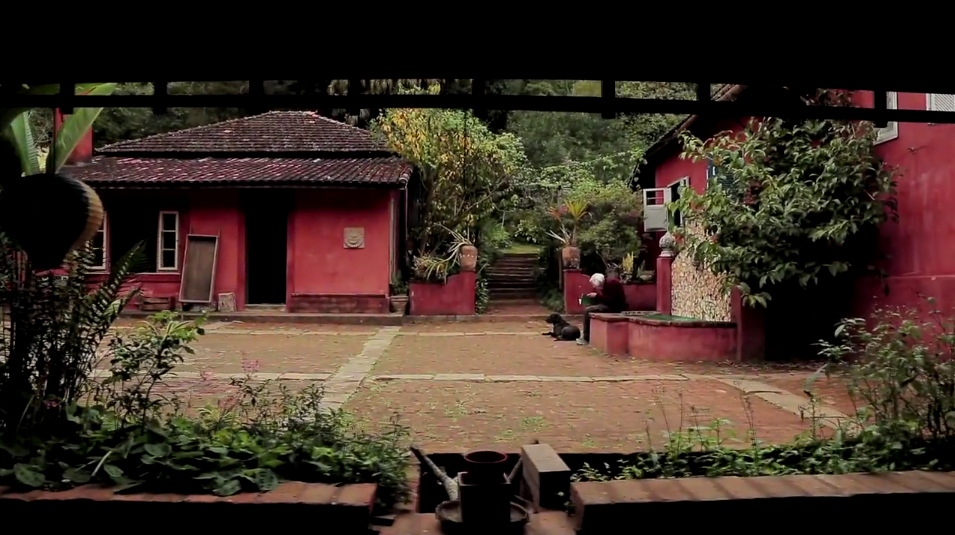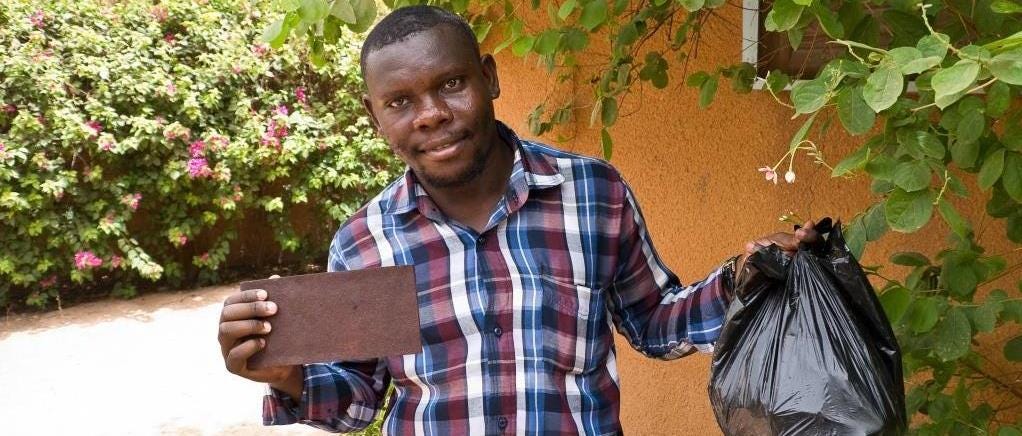It is little known that the buildings we live in are major contributors to pollution, global warming and natural resources squandering. We often think about households waste but often fail to consider what most consumers do not see: agriculture and construction waste who account for more than 2/3 of the volume and weight. Luckily many solutions exist to provide housings that could be not only more sustainable, but also more collaborative, available and healthy.

Organic materials
What if we used biodegradable materials to build our houses ? It might sound funny but in fact, one thirds of humanity live in houses made of earth, clay, wood, stones or even straw . Those technics have been looked down upon because it takes longer, needs more labor, and they have been associated with poorly built cabins. When properly handled those material can yet provides thermal comfort (which prevent the costs of warming or cooling) for beautiful and sound houses that do not contaminate our health because of indoor air pollution. It allows anyone to source cheap and local material that does not requires damaging process neither for production nor for deconstruction. The NGO Sens et autonomie in France, or TIBA in Brasil design and built stunning example that showcase how those cheap and already available technics work. Much more could be achieved by fostering researches on organic components. Magma Nova, a start-up incubated in Brussel aim at using the too little known potential of mycelium (mushrooms) and bacteria to transform agricultural byproducts into sound biodegradable construction material.

Upcycling together
Many buildings has not been made to last, to be easily transformed or deconstructed, and when they are, few options are available to allow the upcycling of material. Much of the the 31 million tons of construction waste produced in France are used in embankments or dumped illegally. Platforms that create synergies between companies are sprouting here and there in Belgium (Rotor), France (Matière sociale, Recyclobat) and the United States (Urban Ore). They allow materials and objects to have a second life and prevent the cost and ecological damages of disposal and new production.
The architecture festival Bellastock, gives to young architects, the opportunity to experiment the participatory construction of ephemeral cities with upcycled material. Alongside the organization of dozens of festivals gathering thousands of people, they developed a laboratory on what could be done with construction waste and have started implementing their findings. You’re more than welcome if you want to participate to the upcoming ones!
Recycling stuff
Last but not least, since we often fail to collect and manage household waste properly, construction could serve as an output for plastics, rubber, textiles that would otherwise litter the streets, be buried or burnt.
Teco² in Burkina Fasso turns plastic waste into tiles as an alternative to corrugated iron roofs who happen to turns the houses into furnaces compelling people to sleep outside of their houses. With little investment into machine, this product could be an outcome for the local 16000 tons of plastic waste that are seldom collected.

Eco-habitat renovate the housings of low income families thanks to donations of second hand material. They often use insulator which is made of scrap pieces of Jeans.
What else?
Do you know other similar initiatives? How can we help spread and scale social and environmental innovations and good practices worldwide? Alongside the help the Makesense Community can provide through mobilization, marketing and crowdfunding campaign, what are the new tools we could use or develop to take up circular architecture’s specific challenges? Who would be interested to learn, participate, collaborate, facilitate with us so that we grow new skills, competences and impacts? Contact us at futureofwaste@makesense.org

Antoine is helping the MakeSense community to solve challenges
around waste prevention and management.
Future of Waste is a MakeSense program supported by our active partner SUEZ.

 Enter your address to have adapted content
Enter your address to have adapted content

Find us